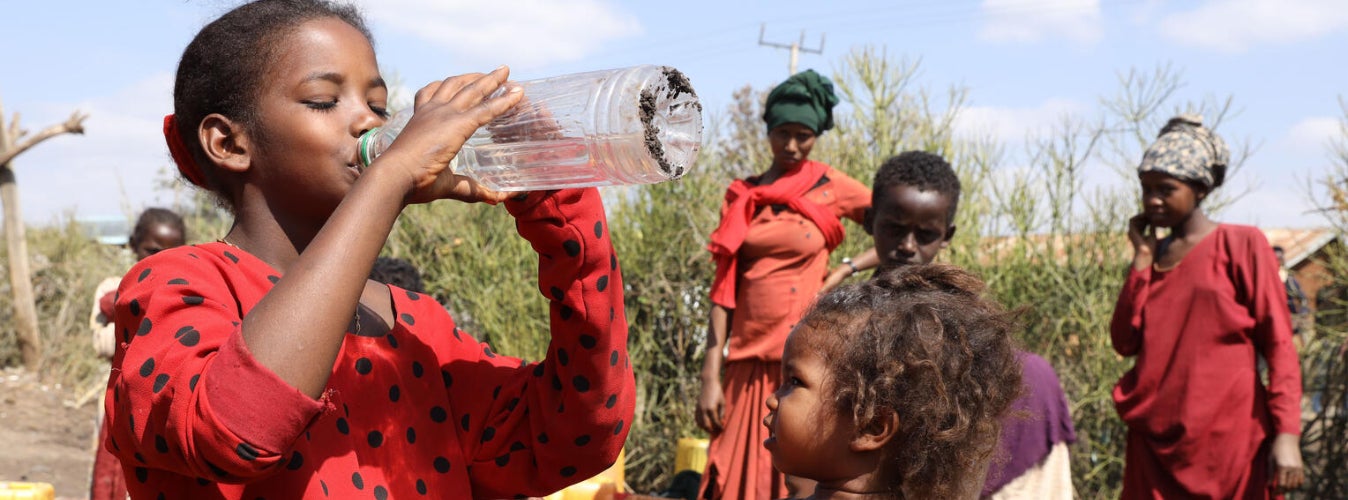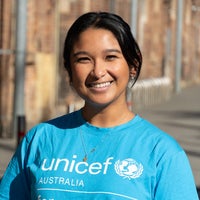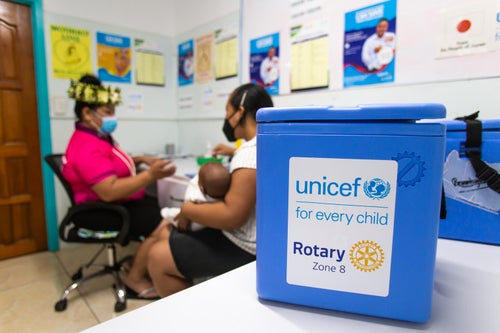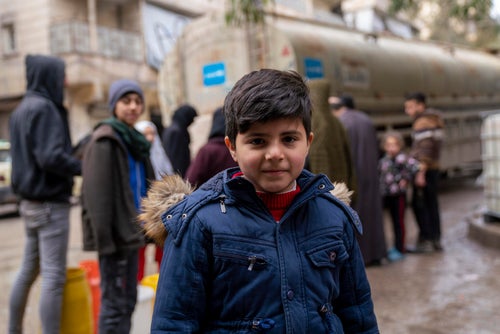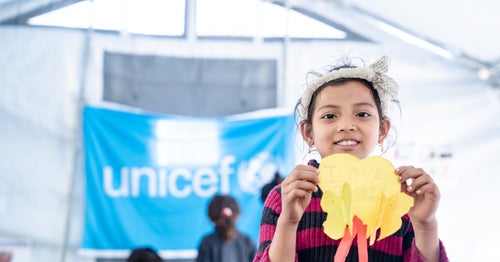Water is a crucial necessity in nourishing our bodies and sustaining our health. But imagine drinking a glass of water as you usually do, and then falling ill with a dangerous infection.
Twenty-eight million people worldwide, including many children, are currently affected by cholera. Despite the disease being preventable and easily treatable, it continues to wreak havoc on vulnerable communities, including those in Eastern Africa, Southern Africa, and Syria.
What is cholera?
Cholera is a highly contagious bacterial infection that affects the intestines, and is characterised by severe diarrhoea and vomiting.
Caused by the bacterium, Vibrio cholerae, the disease can also be potentially life-threatening, especially for children under the age of five, who are more vulnerable to extreme symptoms. Sadly, malnourished children are even more at risk.
The disease is most common in areas with poor sanitation and limited access to clean water and can spread rapidly in crowded or unsanitary conditions.
While cholera can be treated with antibiotics and rehydration therapy, prompt medical attention is necessary to prevent serious complications and death. Vaccines are also available to help prevent cholera, but sadly are not widely available in many parts of the world.
UNICEF’s response to cholera globally
Over the past few years, there has been a significant rise in cholera outbreaks worldwide. In 2022, 30 countries faced cholera outbreaks, which marks an alarming 145% increase compared to the average of the previous five years. For the first time in decades, nations such as Lebanon and Syria reported instances of cholera.
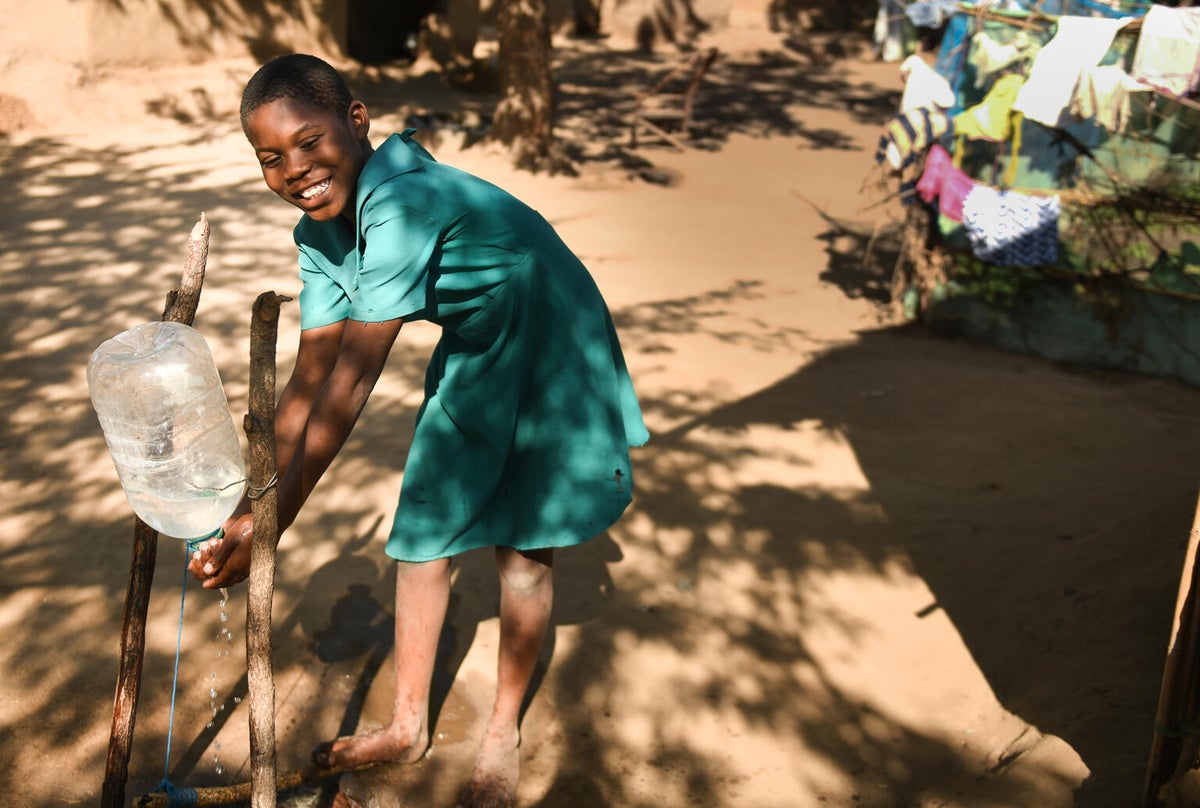
A severe cholera outbreak is currently ravaging 11 countries in eastern and southern Africa, namely Burundi, Ethiopia, Kenya, Malawi, Mozambique, Somalia, South Africa, South Sudan, Tanzania, Zambia, and Zimbabwe. The disease's spread has been worsened by the catastrophic consequences of floods, droughts, and tropical cyclones. Approximately 5.4 million people, including 2.8 million children, urgently require support to combat the crisis.
In both Malawi and Mozambique, where the cholera pandemic is exacerbating, UNICEF is focused on mobilising essential life-saving services and supplies with its partners by:
- Providing children with food and safe water
- Ensuring children have access to sanitation and hygiene supplies and facilities
- Supporting children in continued access to education and other key services
- Keeping children safe from harm and providing psychosocial support
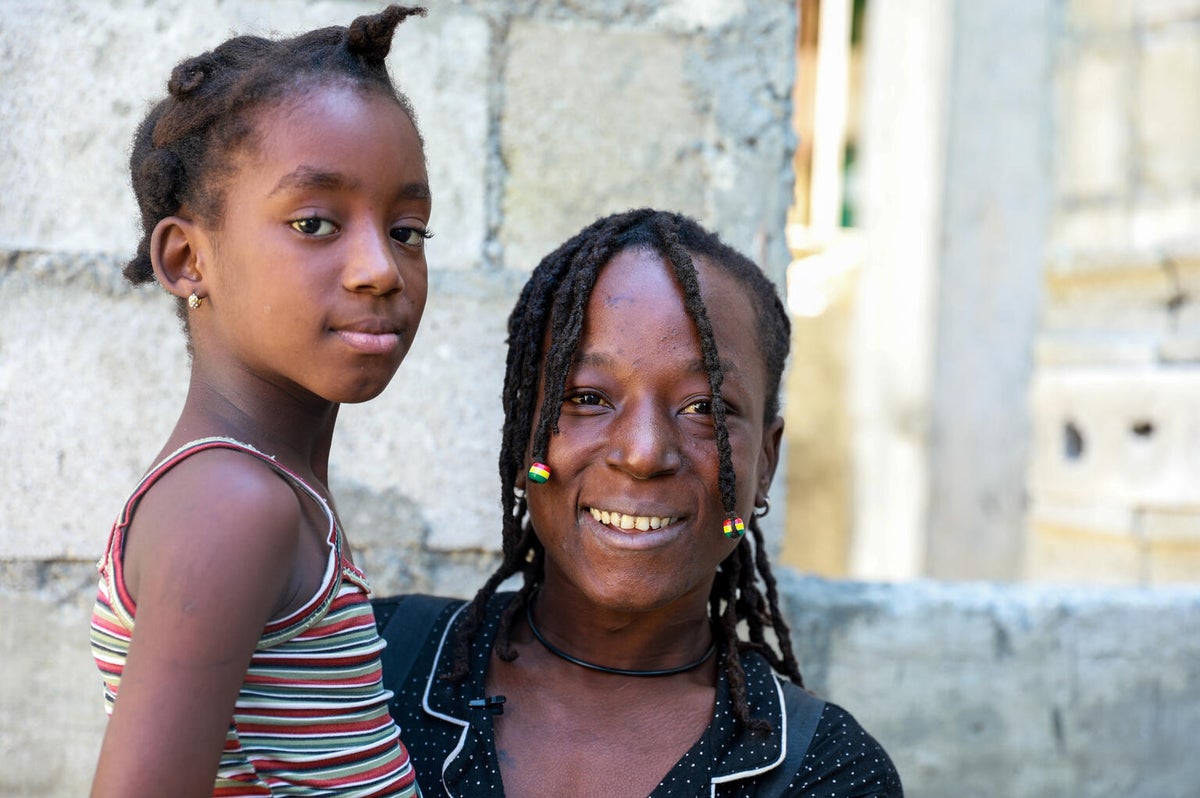
Protecting her child from cholera
When cholera resurfaced in Haiti, mothers like Fabienne feared for their lives and those of their children.
In 2022, a cholera outbreak in Haiti has had a profound effect on the younger population, with UNICEF cautioning that 40% of the cases affected children.
Following the start of the outbreak, 90% of the confirmed cholera cases have been found in regions severely affected by the deepening nutrition crisis. Children experiencing severe acute malnutrition are more susceptible to cholera and at least three times more likely to succumb to the disease.
In collaboration with national authorities and partners, UNICEF has multiplied its efforts to address cholera by delivering:
- Cholera kits, ringer lactate sachets, oral rehydration salts sachets, zinc, antibiotics, consumables and PPE material to health departments
- Water purifying tablets to a partner hospital in Cite Soleil
- 468,160 litres of water distributed by water trucking to 22,290 persons currently living in or displaced from Cite Soleil
"I am afraid of cholera because there are many issues in this disease. It can kill you. I don't want to lose my life, or to lose my daughter because she's the only child I've got."
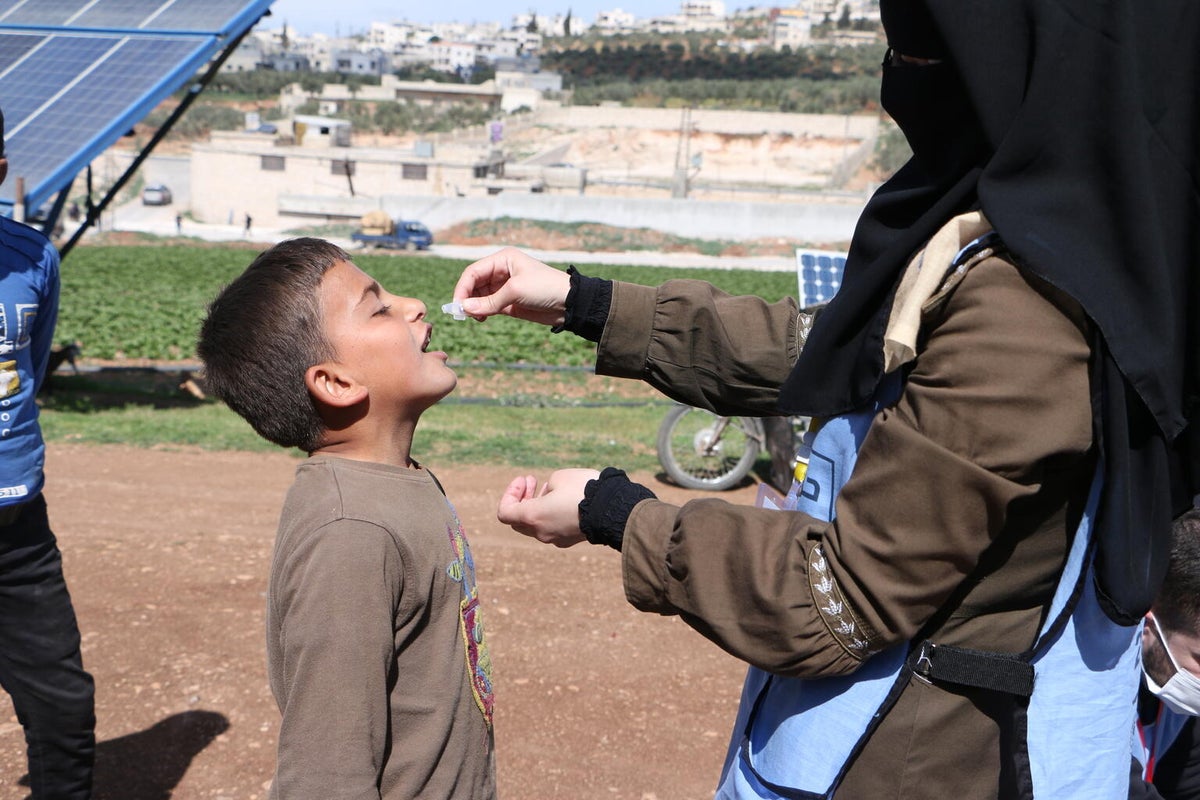
Since the earthquake in February destroyed homes and contaminated multiple water supplies in Syria, measures have been taken to safeguard children and families from the ongoing cholera epidemic that began in 2022.
With the World Health Organization (WHO), and in coordination with health authorities, the Syria Immunization Group (SIG), and the Global Alliance for Vaccines (GAVI), UNICEF has kicked off a cholera vaccination campaign in earthquake-hit areas of northwest Syria.
The path to ending cholera
Whilst cholera is a preventable disease, recent outbreaks highlight that cholera remains a serious threat to families, especially in unstable communities. Unfortunately, there is a shortage of essential cholera treatments, including oral rehydration salts and rapid diagnostic kits, as well as a depletion of oral cholera vaccines.
Despite the challenges, UNICEF and its partners have developed a global strategy to eliminate cholera as a public health threat by 2030, focusing on approximately 50 countries affected by the disease.
Stopping cholera is critical for protecting the most vulnerable population - children. As the cholera pandemic intensifies, we must act fast to ensure the health and well-being of our future generations.
Growing up in a safe environment with clean water is every child’s right. With your support, we can make this happen.
Related articles
Stay up-to-date on UNICEF's work in Australia and around the world



